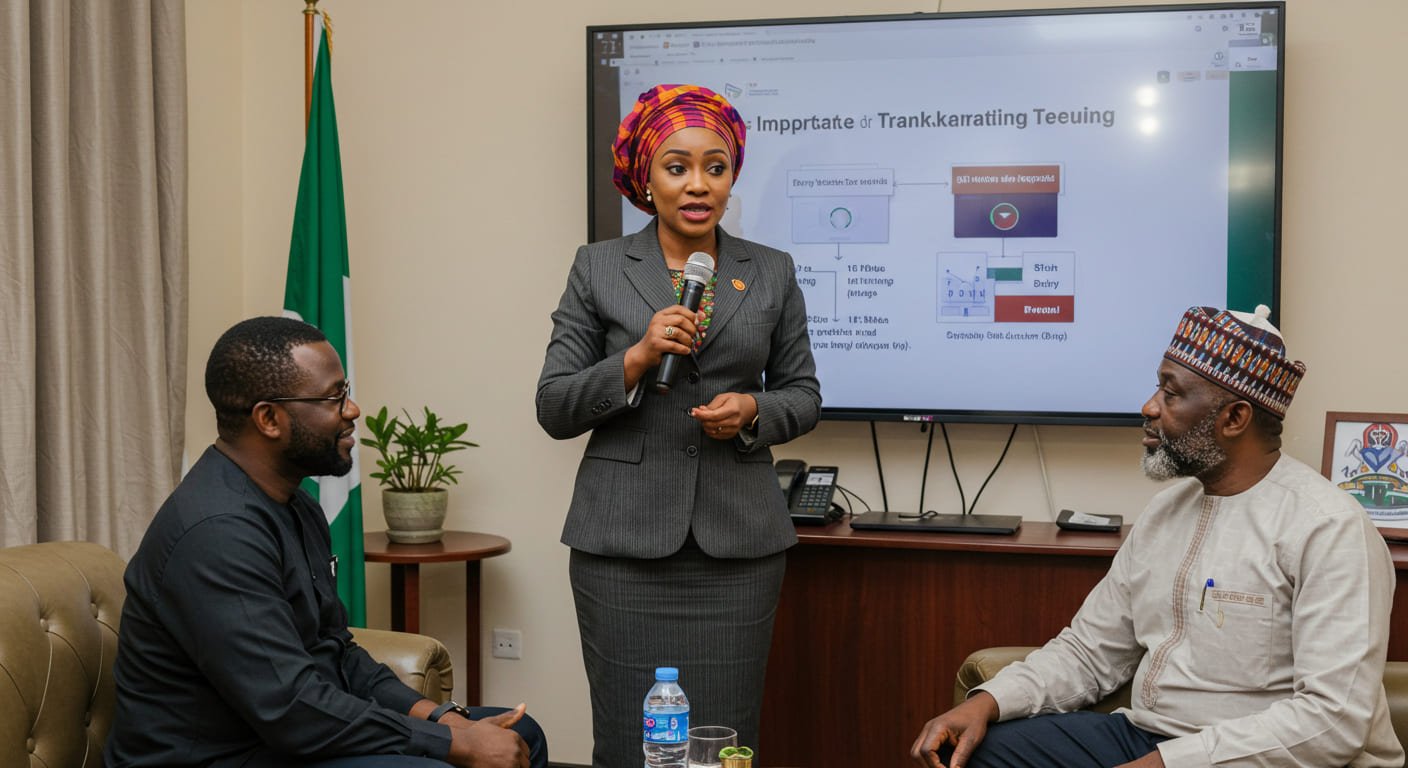In today’s competitive business landscape, protecting your brand identity is crucial for success. Registering a trademark is a vital step in safeguarding your intellectual property, ensuring that your unique words, logos, and slogans are not misused.
A trademark is a distinctive sign, design, or expression that identifies a product or service from a particular source and distinguishes it from others. It can take many forms — logos, slogans, special words, or trade symbols. In Nigeria, trademark registration provides exclusive rights to use and legally protect a brand’s identity.
In Nigeria, trademarks are registered through the Commercial Law Department of the Federal Ministry of Industry, Trade and Investment in Abuja, and the Trademark Registrar issues the certificates.
This article walks you through the complete step-by-step process for trademark registration in Nigeria. At the end, you’ll be empowered to protect your brand and secure your trademark certificate.
Table of contents
Ascertain the Appropriate Trademark Class
Nigeria uses the Nice International Classification of Goods and Services, which consists of 45 classes:
• Goods: Classes 1–34
• Services: Classes 35–45
You must identify the right class for your business. Trademarks are protected only in the class where they are registered.
Ascertain the Distinctiveness of the Mark
For a trademark to be registered, it must be distinctive. It must not be:
• Descriptive
• Contrary to public morality
• Confusingly similar to an existing mark
A mark may also gain distinctiveness through long-term public use where consumers associate it with your brand.
Search at the Trademark Registry
Conduct a trademark availability search in the chosen class to check if your name, logo, or tagline already exists or conflicts with another.
If your proposed mark is already registered or too similar, your application will be rejected and your fees will be lost.
Read Also: What the Law says about Mergers, Acquisitions and Business Takeovers.
Application
The application is filed online through an agent’s portal on the Trademark Registry website.
You must:
• Upload client details
• Generate and check the acknowledgement letter before final submission
This letter serves as prima facie evidence of your application.
Acceptance
After examination by trademark officers:
• If your mark meets the distinctiveness criteria, an Acceptance Letter is issued.
• This letter confirms that your mark has been accepted and will proceed to publication in the journal.
Publication
The Trademark Registry publishes accepted marks in its official journal.
Marks are published in batches according to their date of acceptance. In practice, IP lawyers often help speed this up by compiling and submitting the publication details.
Opposition and Certification
After publication:
• There is a 2-month window for the public to oppose the trademark.
• If there’s no opposition, or opposition is resolved in your favor, you can apply for your certificate of registration.
Note:
If you receive an opposition notice:
• You must respond within 1 month.
• Failure to respond means the application is deemed abandoned.
Once certified, the trademark owner has full legal rights to the mark.
Conclusion
Trademark registration is the best way to secure exclusive rights to your brand’s identity. A certificate of registration is:
• Proof of ownership
• Protection against infringement
• A legal tool to sue or stop unauthorized use
See Aso: Corporate Financing: Debt Vs Equity | What Business Owners should know
Frequently Asked Questions (FAQs)
It typically takes 12 to 18 months, depending on CAC processing time and whether there are oppositions.
Costs vary, but range from ₦200,000 above including:
• Agent/legal fees
• Application and certificate fees
• Optional fast-tracking services
Yes. Logos, slogans, brand names, symbols, and combinations of these can be registered as trademarks in Nigeria.
No, but it is strongly recommended. Without registration, you cannot:
• Legally protect your brand
• Prevent others from using similar marks
• File for infringement
Yes, engaging an Intellectual Property (IP) lawyer or agent ensures your application meets all legal requirements and avoids costly mistakes.
No, you do not need to file with the Corporate Affairs Commission (CAC) to register a trademark in Nigeria.
Trademark registration is handled exclusively by the Trademarks, Patents and Designs Registry, under the Commercial Law Department of the Federal Ministry of Industry, Trade and Investment in Abuja.
However, if you’re also registering a business name, company, or NGO, you must file with the CAC separately. While both CAC and the Trademark Registry are federal agencies, they serve different legal purposes.
In summary:
• Trademark registration → File with the Trademark Registry
• Business or company registration → File with CAC
Need Help Registering Your Trademark?
At Tcorporate Legal Advisory, our experienced Intellectual Property Lawyers help clients navigate the trademark process seamlessly.
Let us help you:
• Protect your brand identity
• Avoid rejections and legal risks
• Obtain your certificate smoothly
📞 Phone: 0806 234 8867, 0908 011 9975, 0908 011 9980
📧 Email: info@tcorporatelegaladvisory.com
🌐 Website: www.tcorporatelegaladvisory.com
📲 Click the WhatsApp button (bottom right) to chat with us now.
Disclaimer
This publication is for general informational purposes only. It does not constitute legal advice. For specific guidance, contact a qualified lawyer.
Written by:
Ogheneyoma E. Ibuje LL.B, B.L, ACIS
Legal Associate, Tcorporate Legal Advisory





